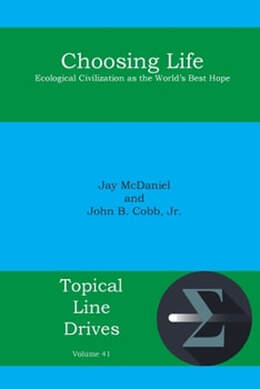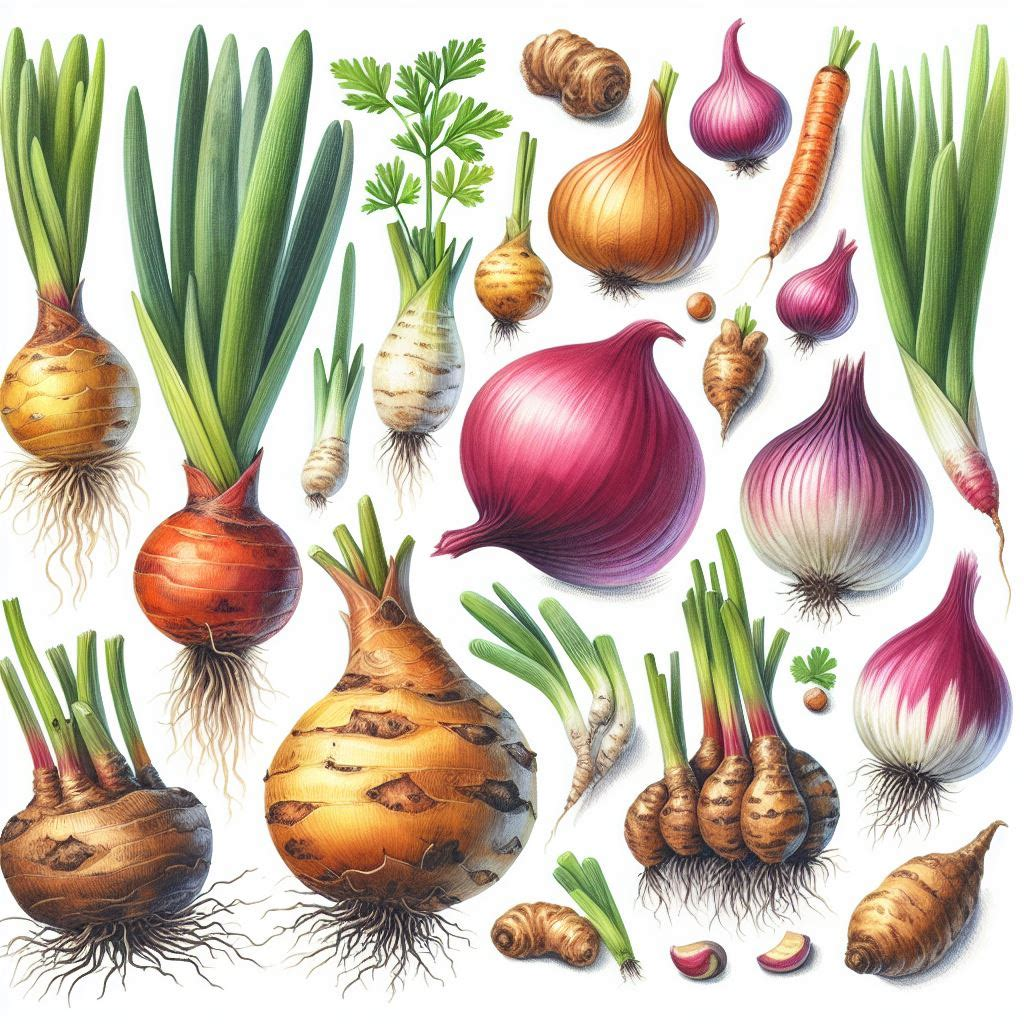- Home
- Process Worldview
- Community
- Art and Music
- Whitehead and Process Thinking
- Podcasts
- Spirituality
- Ecological Civilization
- Education
- Contact
- Social Justice
- Science
- Animals
- Sacred Poems
- Whitehead Videos
- Index of All Titles
- Practicing Process Thought
- Process Spirituality: A Spiritual Alphabet
- Recent Posts
Starting a John Cobb Home Garden:
Healing Action for a World in Need
John Cobb is one of the leading visionaries of contemporary eco-philosophy, influential throughout the world, including mainland China.
One way to celebrate the life and nurture the aspirations of John Cobb is to start a John Cobb Home Garden. If you prefer another name, but want to honor John as well, that's fine. Call it a Living Earth Home Garden or a Unity Earth Home Garden or an Ecological Civilization Home Garden. A John Cobb home garden, by whatever name, is not just about cultivating plants; it's about embracing a philosophy that promotes ecological harmony, community connection, and respect for all life forms including, of course, human beings. An Ecological Civilization is committed to the well-being of life, human and more than human. It is about living with respect and care for the community of life, with special care for the vulnerable.
Begin by dedicating a portion of your yard or even just a few pots on a balcony or windowsill to growing plants. Start small if you're new to gardening and gradually expand as you gain confidence and experience. Choose plants that are native or well-adapted to your local climate, as this promotes biodiversity and supports local ecosystems. Implement sustainable gardening practices such as composting, rainwater harvesting, and natural pest control to minimize environmental impact and enhance soil health. As you tend to your garden, take time to observe and appreciate the interconnectedness of all living beings, fostering a sense of empathy and responsibility towards the natural world. Share your gardening journey with friends, family, and neighbors, inviting them to join you in cultivating their own John Cobb home gardens and fostering a sense of community and collective well-being. By starting a John Cobb home garden, you not only contribute to the vision of Ecological Civilization but also embody the principles of respect, care, and interconnectedness in your everyday life.
If you already have a home garden, there's no need to start a new one. Instead, consider dedicating a portion of your existing garden to John Cobb. Whether it's a corner of your yard, a balcony, or even just a single potted plant inside, this gesture symbolizes your commitment to being part of the "community of communities of communities" that John Cobb champions as the hope of the world.
- Jay McDaniel
Want to help save the world?
1. Start with Your Own Garden:
2. Join a Gardening Club or Community
3. Learn from Others
By cultivating a home garden and participating in a gardening club, you not only contribute to environmental conservation and food security but also build connections with like-minded individuals and foster a sense of community. Together, we can work towards creating a healthier, more sustainable world for future generations.
- Jay McDaniel and ChatGPT
- Begin by dedicating a portion of your yard or even just a few pots on a balcony or windowsill to growing plants. Start small if you're new to gardening and gradually expand as you gain confidence and experience.
- Choose plants that are well-suited to your local climate and soil conditions. Consider growing a mix of fruits, vegetables, herbs, and flowers to promote biodiversity and support pollinators.
- Practice organic gardening methods such as composting, mulching, and natural pest control to minimize your environmental impact and promote soil health.
2. Join a Gardening Club or Community
- Look for gardening clubs, community gardens, or local horticultural societies in your area. These groups often offer educational workshops, gardening events, and opportunities to connect with fellow gardening enthusiasts.
- Joining a gardening club provides access to a wealth of knowledge and resources. You can learn from experienced gardeners, exchange tips and advice, and participate in group projects to beautify public spaces or address environmental issues in your community.
3. Learn from Others
- Don't be afraid to ask questions and seek guidance from more experienced gardeners. Many seasoned gardeners are eager to share their knowledge and mentor newcomers to the hobby,
- Take advantage of gardening books, online resources, and workshops to expand your understanding of gardening techniques, plant care, and sustainable practices
- Consider volunteering at local botanical gardens, nurseries, or conservation organizations to gain hands-on experience and learn from professionals in the field.
By cultivating a home garden and participating in a gardening club, you not only contribute to environmental conservation and food security but also build connections with like-minded individuals and foster a sense of community. Together, we can work towards creating a healthier, more sustainable world for future generations.
- Jay McDaniel and ChatGPT
Three Roles for Home Gardens
in an Ecological Civilization
In an Ecological Civilization, home gardens can be contributors to sustainable living and human well-being on multiple fronts - ecological, psychological, and social.
1. Ecological Role:
2. Psychological Benefits
3. Social Benefits
In an Ecological Civilization, home gardens not only promote environmental sustainability and individual well-being but also strengthen the social fabric of communities, creating spaces where people come together to connect, learn, and support one another on their journey toward a more harmonious and resilient future.
- Jay McDaniel and ChatGPT
1. Ecological Role:
- Biodiversity Preservation: Home gardens act as miniature ecosystems, fostering a rich diversity of plant species. This diversity provides habitats and food sources for various insects, birds, and other wildlife, contributing to overall ecosystem health.
- Carbon Sequestration: Through photosynthesis, plants in home gardens absorb carbon dioxide from the atmosphere, mitigating climate change by sequestering carbon in their biomass and in the soil.
- Soil Health: By cultivating a variety of plants and employing organic gardening practices such as composting and mulching, home gardeners enhance soil fertility and structure, reducing the need for synthetic fertilizers and pesticides while promoting beneficial soil microorganisms.
- Water Management: Thoughtful garden design, including the incorporation of rainwater harvesting systems and drought-resistant plants, helps conserve water resources and minimize runoff, thus reducing the strain on local water supplies and mitigating flooding.
2. Psychological Benefits
- Stress Reduction: Engaging in gardening activities has been shown to reduce stress and promote relaxation. The act of tending to plants, being in nature, and observing the growth and changes in the garden can have a calming effect on the mind and body.
- Connection to Nature: Home gardens provide an opportunity for individuals to reconnect with nature, even in urban environments. This connection fosters a sense of belonging to the natural world, which can enhance overall well-being and foster environmental stewardship.
- Creative Expression: Gardening is a creative outlet that allows individuals to express themselves through the design and cultivation of their outdoor spaces. Whether it's selecting plants, arranging garden beds, or experimenting with different gardening techniques, home gardeners can tap into their creativity and imagination.
- Food Security and Nutritional Benefits: Growing fruits, vegetables, and herbs in home gardens not only provides access to fresh, nutritious produce but also promotes a sense of self-sufficiency and food security. Being able to harvest food from one's own garden can increase feelings of empowerment and satisfaction.
3. Social Benefits
- Community Building: Home gardens serve as focal points for community interaction, bringing people together to share knowledge, resources, and experiences. Gardening enthusiasts often form local gardening clubs or associations, creating opportunities for social connections and camaraderie among neighbors.
- Knowledge Sharing: Within gardening groups or communities, individuals with varying levels of expertise come together to exchange tips, techniques, and best practices. This collaborative learning environment fosters skill development and empowers individuals to become more effective and knowledgeable gardeners.
- Intergenerational Exchange: Home gardening provides a platform for intergenerational exchange, where older generations pass down traditional gardening knowledge and younger generations bring fresh perspectives and innovations. This exchange of wisdom strengthens bonds between generations and preserves cultural heritage.
- Inclusivity and Diversity: Gardening transcends cultural and socioeconomic boundaries, welcoming people from diverse backgrounds to participate and contribute. By engaging in gardening activities together, individuals from different walks of life learn to appreciate and celebrate their shared humanity while respecting the unique perspectives and experiences each person brings.
- Community Resilience: Gardening groups enhance community resilience by fostering self-reliance and collective problem-solving. In times of crisis or hardship, such as food shortages or natural disasters, these networks provide a support system where community members can pool resources, share surplus produce, and offer assistance to those in need.
In an Ecological Civilization, home gardens not only promote environmental sustainability and individual well-being but also strengthen the social fabric of communities, creating spaces where people come together to connect, learn, and support one another on their journey toward a more harmonious and resilient future.
- Jay McDaniel and ChatGPT
The Big Picture
Choosing Life: Ecological Civilization
as the World's Best Hope

"Choosing Life: Ecological Civilization as the World's Best Hope" by John B. Cobb and Jay McDaniel explores the connection between spiritual beliefs, ethics, and our care for the natural world.
The authors present a comprehensive view of life that transcends mere preservation, urging readers to recognize the intrinsic value in all things and embrace a way of life that honors God's presence everywhere.
They advocate for a shift in goals towards a more inclusive and compassionate existence, where human ambitions are tempered by consideration for others, including non-human beings and nature itself. "Choosing Life" invites readers to envision a world where humanity coexists harmoniously within the web of all life, promoting non-destructive living and trust in a God who empathizes with human suffering while collaborating to alleviate it. Click here to purchase book.



